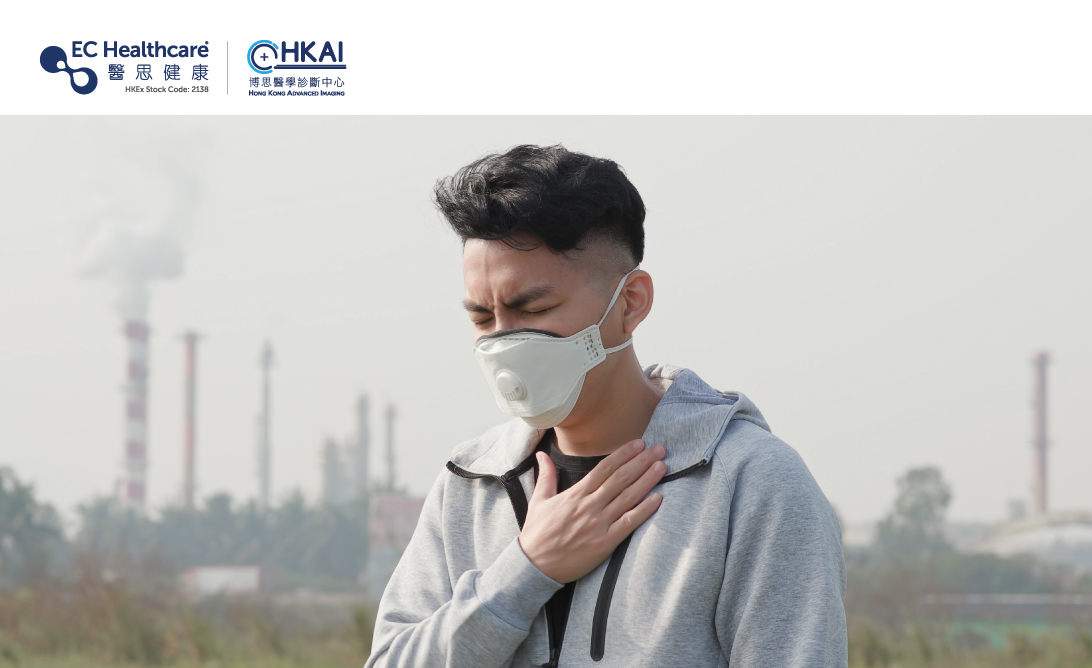Heatwave and Air Pollution: Study Reveals Alarming Increase in Heart Disease Mortality


Air pollution is a global issue that affects everyone. We need to breathe continuously, but inhaling polluted air can adversely impact our health. While many people first associate air pollution with respiratory diseases such as asthma, pneumonia and even lung cancer, it is important to note that long-term exposure to polluted air, combined with extreme heat caused by global warming, can also pose a significant risk to heart health. This increases the likelihood of developing heart disease.

Heatwaves and air pollution double the risk of heart disease
Excessive heat in the environment can impose an additional burden on the body. When body temperature rises, the brain sends signals to cool it down, causing the heart to pump blood faster to deliver it to the skin for heat dissipation. Sweat evaporation also releases body heat. However, in high humidity, sweat evaporation slows down, requiring the heart to work harder. In the long run, this increases the burden on the heart and raises the risk of stroke and heart attacks.
A study published in the Lancet Global Health in the early years revealed that heatwaves increase the risk of death from heart disease by approximately 12%. If a heatwave persists for more than four days and is accompanied by air pollution levels exceeding 37.5 micrograms per cubic meter (µg/m3), the risk of death from heart disease nearly doubles, particularly for women and seniors.
This is because air pollutants consist of various chemicals such as nitrogen dioxide, sulfur dioxide, carbon monoxide, and fine particulate matter (PM2.5). These air pollutants directly affect the cardiovascular system and worsen atherosclerosis, i.e., the narrowing of the blood vessels. Furthermore, air pollution increases oxidative stress in the body, causing exacerbated inflammation in blood vessels. When blood vessels are inflamed, the atherosclerotic plaques become more unstable, making them more prone to rupture, ultimately leading to heart attacks or stroke.
Pay attention to the air quality index and receive regular health check-ups for self-protection
The World Health Organization (WHO) guidelines state that annual average concentrations of PM2.5 should not exceed 5 µg/m3, while 24-hour average exposures should not exceed 15 µg/m3 more than 4 days per year. It is also advised that during days with hot weather and poor air quality, citizens should stay indoors and minimise outdoor activities.
Individuals with cardiovascular diseases or the three highs, as well as males over the age of 40 and females over the age of 45, should undergo regular physical and cardiac examinations to protect their health. If any health issues are identified, it is important to make lifestyle changes and seek appropriate treatment through medical diagnosis and evaluation.









